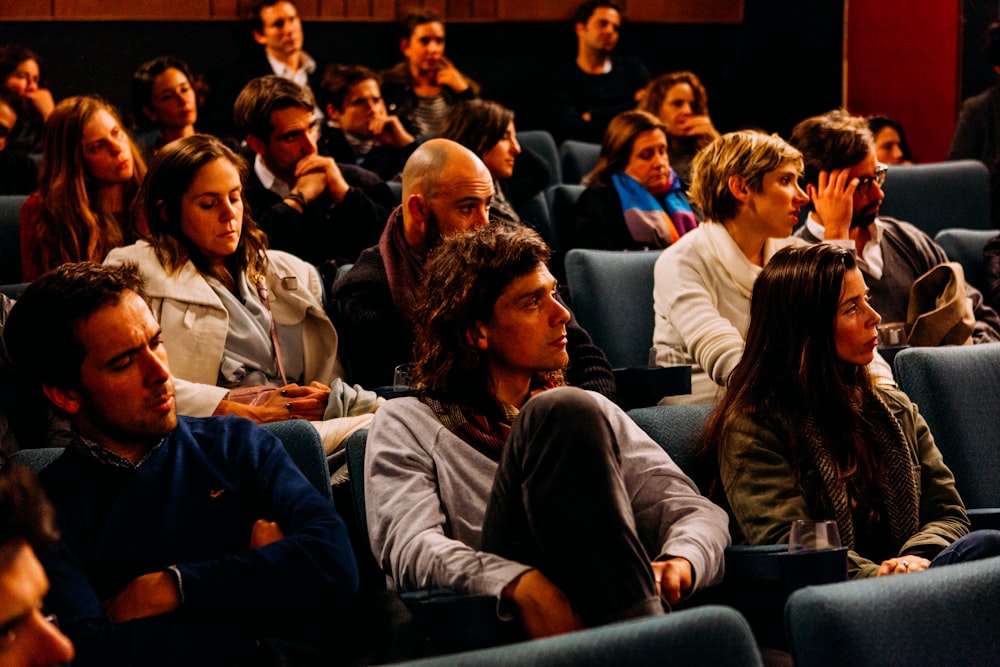
Back to School
By: Sara McHaffie
Making the decision to return to university later in life can be tricky. Personally, I already balance lots of demands on my time and energy. I work part-time with Amina MWRC on the VAWG (Violence Against Women And Girls) programme. I have three children to look after. I don’t have a lot of spare time. I also worry about money.
The work I do with Amina often links in with ideas that are most often explored within an academic setting, like a university. For example ideas about gender roles and gender inequality and how that links in with violence against women and girls are often discussed within university settings.
When I designed our survey about social attitudes regarding violence against women and girls, I consulted with an academic who helped me to ensure the questions would help us explore the ideas we had identified as important.
I wondered how I could learn more about how to improve my own knowledge of research methods, as our work is much more meaningful when we learn about what others are thinking, and what they would like us to focus on. Sociology is a discipline where researchers look at ‘personal troubles’ to see if they are actually ‘public issues’.
Often, we struggle on our own with our ‘private’ problems, not realising that lots of other people have the same issues. If we tackle these issues together, it can improve life for lots of people.
With universities adopting Equally Safe in Higher Education, I’ve found I’ve been invited more to speak on Amina MWRC’s behalf at various universities, and I really enjoyed working with students and lecturers; I decided I’d like to go back to university myself. Having recently been diagnosed as autistic, I was wondering whether I might be able to access more support to study now I understood a bit more about how my brain ticked.
I decided to start with a safe baby step: studying one module. The module I chose linked directly with Amina’s VAWG programme – Gender Justice: Feminist Approaches at Queen Margaret University. I absolutely loved learning how to make the link between my work with Amina covering issues such as coercive control, forced marriage and sexual violence, and theories and studies which made the work more grounded in an evidence base.
I also accessed support from Student Services such as borrowing a sound recorder to remind myself of what was covered, and worked hard to be kind to myself about the things I found difficult. When I did my undergraduate degree as a younger person, I would tend to be very hard on myself if I was struggling to understand something or complete written work.
I met students like me who were working in different organisations such as Edinburgh Rape Crisis and Streetwork, and enjoyed meeting other students who were part of the BSc Public Sociology course. I learned from lecturers and peers who had done really interesting work in relation to different forms of violence against women and girls, such as Nel Whiting who was Scottish Women’s Aid’s Learning and Development worker, Lesley Orr who had been involved with women’s rights work in Scotland for many years, and Oonagh O’Brien who had conducted research into FGM.
After the course was finished, I knew I wanted to keep learning more. Having enjoyed my time at QMU, I applied for a Master’s there: Public Sociology.
Since I’ve been studying on this course, I’ve found that it links in brilliantly with my work for Amina MWRC. I’ve been able to promote our work at a university we haven’t worked with in the past, speaking at conferences and seminars, and this has led to interesting partnerships. I’ve also shared good practice with students who work at other voluntary sector organisations. QMU is committed to social justice and I find all the departments I’ve engaged with have been incredibly supportive of Amina’s work.
I would recommend this course to anyone within the voluntary sector, or involved in activism, as it really gives you the tools to reflect on your work and to improve it to genuinely include the voices of the people you work with.
If you’re not sure where to start looking for a course, another that’s relevant to Amina’s VAWG programme is Gender Studies at the University of Stirling.
Or this one: Social Policy at Strathclyde.
This website lets you search all the courses in Scotland.
If physically attending university is hard for you, you could look into courses with the Open University. They even have short courses you can do for free to see how you get on with studying.
If you’re interested in going back to university, or starting for the first time, there’s information about funding on the SAAS website.
It might not be as hard as you think it would be. It might enhance your career and it will certainly keep you mentally agile! I’ve learnt that even there are occasional challenges, I can fit study in with my work, especially in a course that values my work experience. I’ve also learnt that universities are a lot more supportive than they were 20 years ago.


